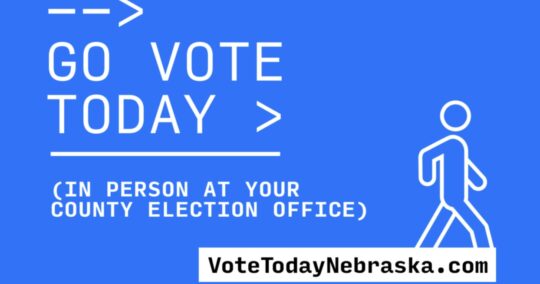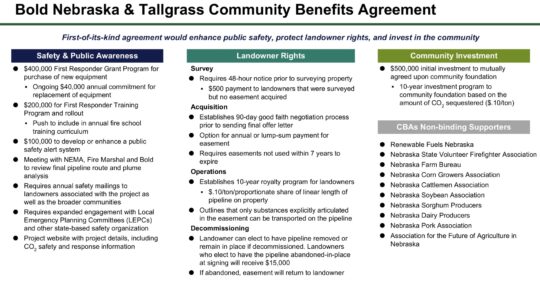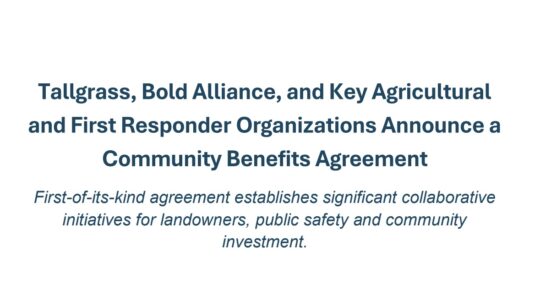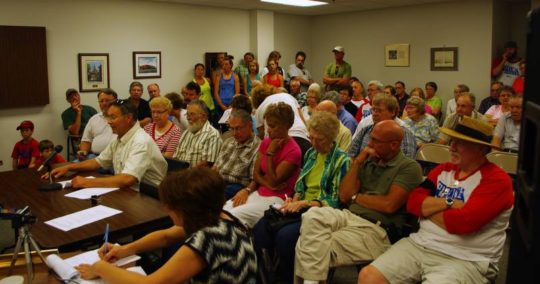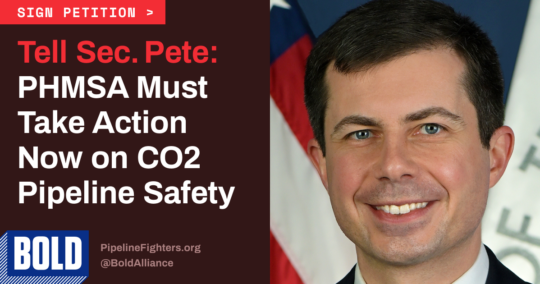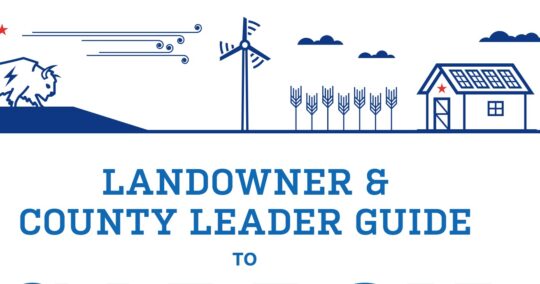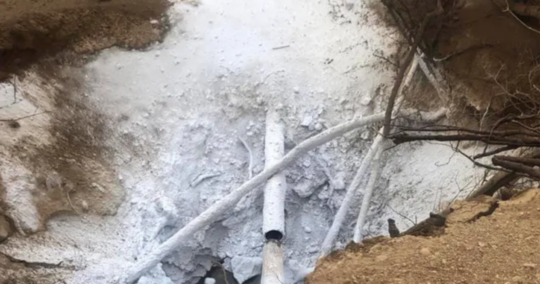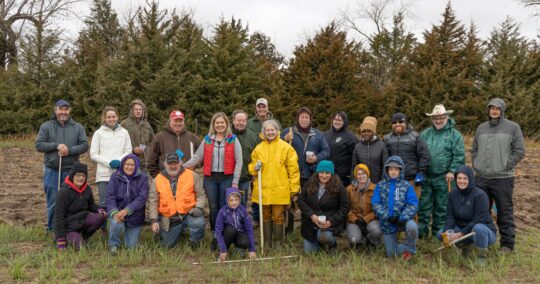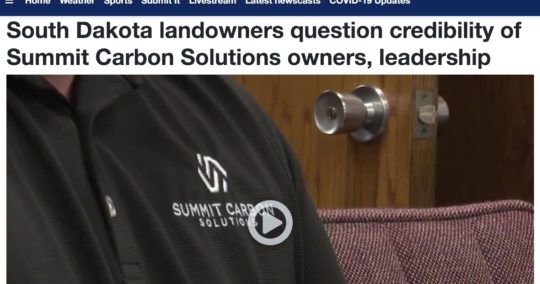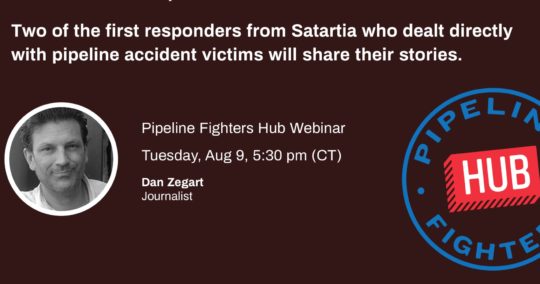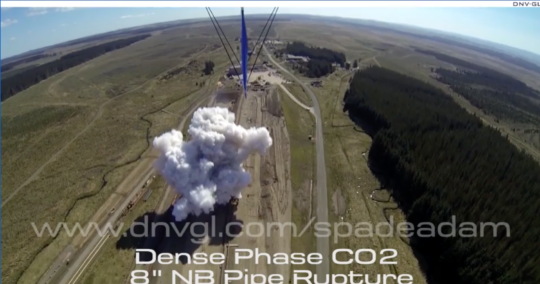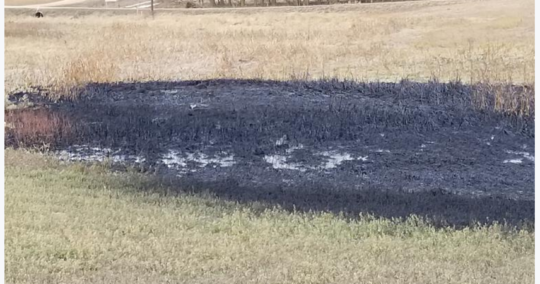Now that election season is in full swing across our country and Americans are being inundated with sound-bite slogans, campaign promises, attack ads and “approved messages,” something else is becoming very obvious: Americans are frustrated by “the system.” Whether far-left, far-right, or centrist, Democrat, Republican, Green or Independent, citizens everywhere no longer support business as usual. We are tired of gridlock in Washington. We are fed up with our state elected officials for valuing campaign contributions over common-sense solutions. We wonder if our voices really matter or if money truly does talk.
While Nebraskans have witnessed state senators bending over backwards to accommodate a foreign oil pipeline company’s every desire, we have demanded action from our leaders. We have taken matters into our own capable hands a time or two, and we got things done, with the help of a few brave elected officials stepping up to the task. We launched a New Energy Voter project complete with a Voter Guide and ad pushing on Kerrey and Fischer to do what is right on the pipeline. We got Gov. Heineman to call a special session last year, and we got laws passed in that special session to deal with pipeline routing and siting in our state. Sometimes we faced tough challenges from TransCanada and their well-funded campaign, sometimes even from those elected to represent us.
When it looked like money and lobbyists and politics and power would win the day, we stood up, and we stood together. We said: Not in Nebraska. And it worked.
And it continues. At least, in the Public Service Commission pipeline rulemaking process.
In August, the Nebraska Public Service Commission released its third revision of rules involving pipeline routing and siting in our state, and it has not only listened to citizens’ recommendations, but the PSC has also implemented some of those recommendations into the rules. For that, the PSC deserves credit, and the opportunity to do that is now. See below on how you can submit comments or simple “thank you for including citizen ideas” in the rules.
The PSC process is very important, especially if a citizen lawsuit challenging LB1161 is successful. If citizens win that lawsuit, the PSC will then be in charge of permitting the Keystone XL in Nebraska–and our voices will once again have made a huge difference.
TAKE ACTION:
1) Write to the PSC: Until 5:00 PM Friday, September 28th, the PSC is receiving comments on its third revision of its pipeline rules. While the PSC has taken many of our suggestions, there are still many important items that they need to consider for the well-being of our state, our land, our water and our people. In addition to thanking the PSC for the work they’ve already done, we can call on them to do even more. Send your comments to angela.melton@nebraska.gov AND rose.price@nebraska.gov.
For example:
- We need a clear definition of High Consequence Areas (HCA’s) in our state. Just as there are places where you don’t put in an overhead powerline or an underground communications cable, there are places in our state where you don’t put a major diluted bitumen pipeline. Water is vital for human survival and for our agricultural way of life. There are places in our state where the soil is too sandy and permeable, where the Ogallala aquifer is too close to the surface, where it makes no sense whatsoever to put a pipeline and risk something so important. Citizens have been saying this for years now, and we need to keep saying it to people who will listen and who can do something about it. Nebraska has siting authority and land use around pipelines, we should use that authority.
- We need an easily-accessible, transparent, and up-to-date website containing relevant pipeline information. Nebraskans should not have to play phone tag and download dozens of files in order to get straight answers to simple questions. Information that should be publicly available:
- Pipeline basics (e.g. what pipeline markers look like, emergency contact information, overview map of pipelines in the state)
- Accurate location of gas and oil pipelines as well as pumping stations that service the lines
- Emergency response and oil response plans including MSDS and evacuation zone (or PIRs)
- Incident data
- Incident clean-up
- Incident response steps
- Damage prevention records
- Inspection records
- Enforcement records
- Excavation damage data
- Full pipeline applications and supporting documents
- Address look up (meaning a citizen should be able to punch in their address and pipeline in their area are pulled up with link to emergency response plans, evacuation zones, who owns pipe, when pipe was built, content of pipe, etc)
Please take a moment to send your comments to the PSC, even if it is just to say that you support the revisions made. The public comment period is open until 5:00 PM on September 28, 2012. According to the PSC order, “Interested parties should provide one original and five (5) copies and send an electronic copy to angela.melton@nebraska.gov AND to rose.price@nebraska.gov.”
Click here to see Bold’s previous 21 recommendations to the PSC. Some of these recommendations were added to the rules. We feel that more of these 21 could be emphasized as important for the PSC to consider.
2) Attend the PSC Rules Hearing October 16, 2012. The hearing will be at 1:00 PM in the Commission Hearing Room, 300 The Atrium, 1200 N Street, Lincoln, Nebraska. If you plan to give testimony, it is a good idea to bring a written copy of your remarks to provide to the clerk for filing in the record.

